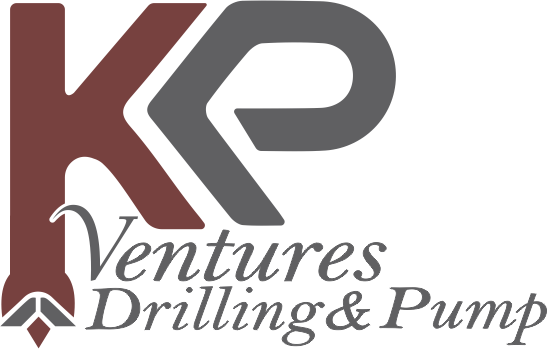Well rehabilitation as a water saving tool…
As a well drilling contractor and someone who serves the needs of Arizona communities, we have watched the recent designation of a water shortage on the Colorado River with interest, and not for the reason most would think. Our homes and businesses are based in Arizona and we service all of the states affected by this designation (Arizona, California, Utah, New Mexico, and Colorado). We personally are affected by the drought and certainly want to improve the plight of all of us.
Since we are the closest thing to a water expert many of our customers have, we asked ourselves what would be our recommendations during a drought. While we had a lot of the same recommendations initially as the water conservation experts (change out high use appliances such as washers and toilets, don’t run water when brushing teeth or washing hands, plant xeriscaping when possible, fix leaks, etc.) we went along a different track ultimately. With this declaration, many of our customers will begin to rely more heavily on groundwater from their water well or irrigation well. As such, these wells will be stressed and many are already in poor condition. The sad fact is that some of our customers will have a well failure, exacerbating an already difficult situation.
I heard a phrase several years ago, “ You never have to change the oil in your car, as long as you don’t mind replacing the engine every now and again.” (attribution unknown) The same sentiment applies to water wells. Your water well will become worse over time unless you take some actions to clean it and perform some preventative maintenance.
Well rehabilitation can improve the state of a well and return it to better efficiency. Well rehabilitation is basically treating the well with chemicals or mechanical means to remove scale, kill biological growth, unclog well screen and the like. Frequently, a well rehabilitation will return the well to better efficiency, higher static and pumping water levels (if limited by clogging and growth), and improved production. If your well is more than 10 years old, we would recommend a well rehabilitation. In many cases, we would recommend a well rehabilitation if less than 5 years old, depending upon water quality. There are several variables to consider with a well rehabilitation, which we can certainly talk you through.
Well rehabilitations can prove helpful to extend the life of the average well. After all, you never have to do well rehabilitation as long as you don’t mind replacing your well every now and again. If you’d like to discuss your options, please contact us here.
